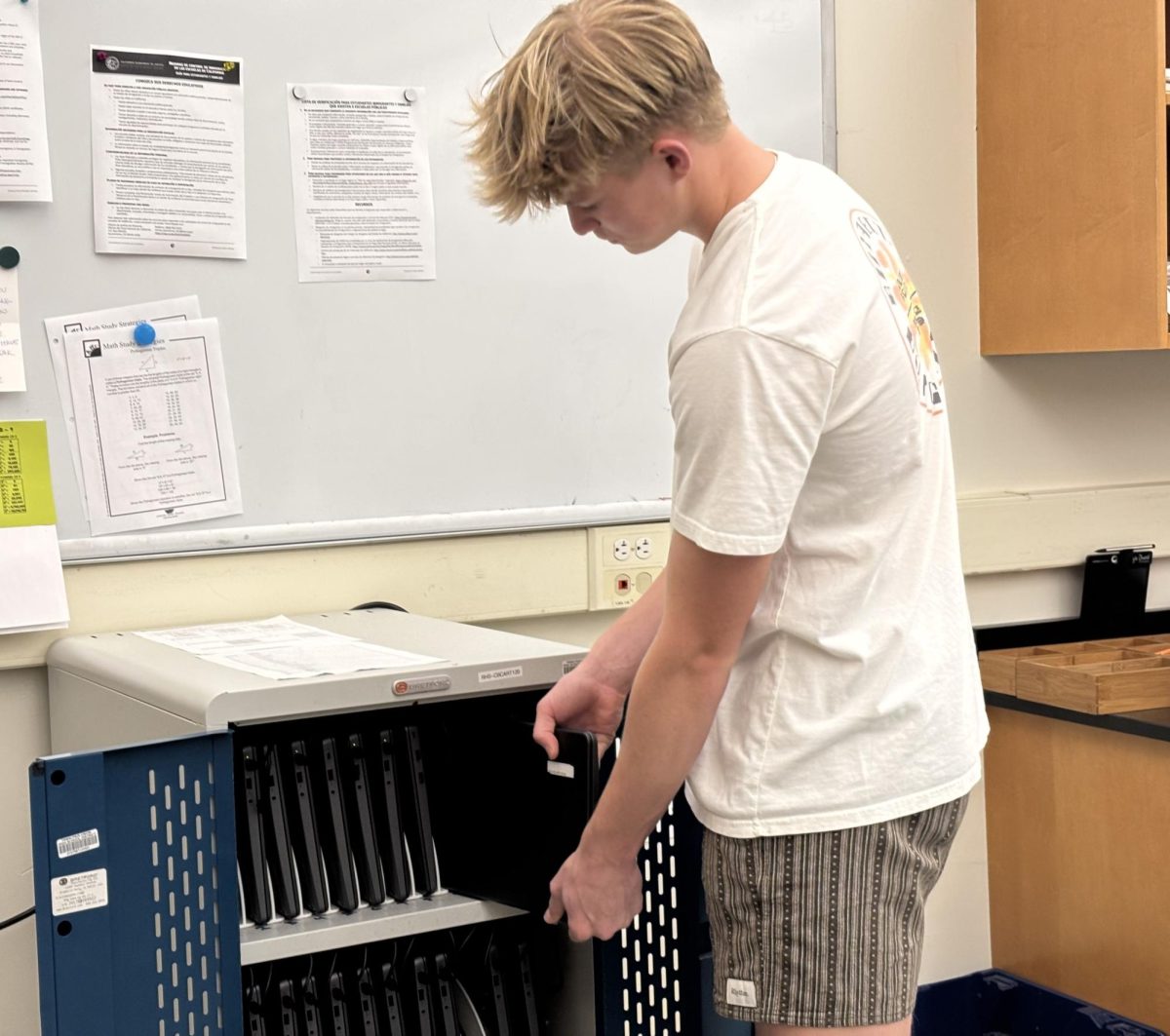On Nov. 7, after Donald Trump was declared the winner of the 2024 presidential election, Gov. Gavin Newsom issued a proclamation convening a special session of the California Legislature. The special session began meeting on Dec. 2, and focuses on providing funding for an anticipated wave of court battles, as California prepares to defend against Trump’s expected actions on immigration, the environment, the economy, civil liberties and reproductive rights.
Assemblymember Damon Connolly spoke about California’s goals in this special assembly.
“The focus of the special session [is] to ensure that the California Department of Justice and Attorney General has necessary resources to file legal action or defend the state as the case may be, as some of these Trump policies come into effect,” Connolly said.
Following Trump’s victory in the 2016 election, California took similar precautionary action. The state government declared California a sanctuary state for immigrants, prohibiting local law enforcement from automatically transferring immigrants to federal authorities. The state also adopted aggressive climate policies to encourage a zero-emission future. According to Connolly, California’s previous legislative action under the Trump administration included over 100 lawsuits.

“California has taken a lot of [legislative steps] to protect rights,” Connolly said. “We passed a constitutional amendment last election that enshrines the right to an abortion. We’ve [passed] legislation that protects women from other states who want to seek an abortion here from being subject to retaliation from other states.”
Following the results of the 2024 election, Newsom and the California State Assembly aim to build upon these policies.
The issue of immigration is a particular point of concern in California. According to Advanced Placement (AP) Economics teacher Ann Tepovich, the California economy relies heavily on immigrant labor. — Therefore, the economy would be particularly impacted should Trump enact his proposed policies of stricter border control, a reversal of Biden-era policies, and increasing the detention and deportation of migrants.
“A [mass] deportation like this could create what we call ‘supply shocks’ to the economy, something that happens so quickly that the economy can’t respond. But if we change our immigration policies over time—so that employers have time to adapt—the economy can adapt to these new policies, which is much better than a sudden shock,” Tepovich said.
However, California’s status as a sanctuary state could play a role in how Trump policies affect the economy.
“California is a sanctuary state, which means that the state will not intervene to turn information about people over to [Immigration and Customs Enforcement] (ICE). That might delay the attempts of all of these deportation measures,” Tepovich said.

California is still taking action to protect immigrants within the state, as Connolly explained.
“Even though immigration is a federal issue, the state is still taking steps to strengthen protections of our immigrant communities, [such as] limiting how local law enforcement can cooperate with ICE,” Connolly said.
Electric vehicles will likely emerge as another point of contention between California and the Trump administration. If President Trump repeals the federal electric vehicle tax credit, which subsidizes the purchase of electric vehicles, Gov. Newsom has vowed that he will provide rebates to California residents. California has previously clashed with the Trump administration over climate change legislation surrounding transportation. In 2019, California, and 22 other states, sued the Trump administration for greenhouse gas emission and fuel economy standards for vehicles.
Even as the national landscape remains uncertain, California will continue to look towards the future in improving the quality of life for residents and beyond.
“California voters just passed the climate [and education bonds]. Each bond had $10 billion, so that is going to make a big impact. I think going forward, working on issues like that, and making communities get the resources they need, [is crucial],” Connolly said.








